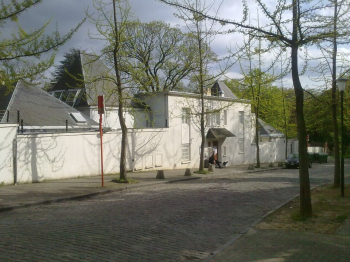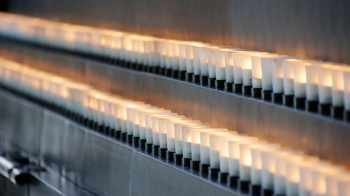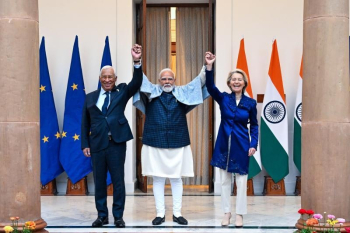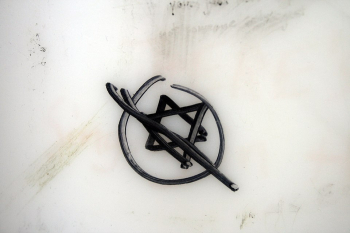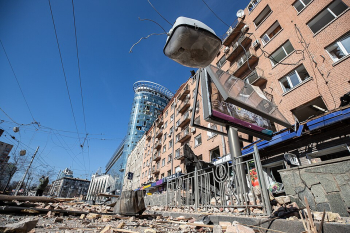
“Do we still have a future in Europe?”
More than 130 rabbis from 23 countries across Europe have come together to issue a stark warning: Jewish life on the continent is under threat.
In a joint letter addressed to European Commission President Ursula von der Leyen, the rabbis described how they and their communities have found themselves “on the frontline” as antisemitism intensifies daily. Since the October 7 attacks, reports of harassment, abuse, and violence have soared to levels many say are unbearable.
“People are asking us whether there is still a future for Jews in Europe,” the rabbis wrote. “Or have we reached a point where safety and support no longer exist for those who simply want to live openly as Jews?”
The statistics they point to are sobering. In Germany, antisemitic incidents nearly doubled in 2023—almost 5,000 reported cases, half of them after October 7. France saw its numbers more than triple, and in the UK, incidents surged to the highest level ever recorded.
Faced with this reality, the rabbis are urging EU leaders to act quickly. Their demands include:
- Stronger security around synagogues, schools, and Jewish neighborhoods—with armed protection where needed.
- Close cooperation between governments and Jewish security organizations to design effective, tailored protections.
- Fortified security measures that could deter attackers who blame Jewish communities for the war in Gaza.
- Better police training on antisemitism, zero-tolerance enforcement, and faster prosecution of offenders.
The letter acknowledges the sadness of having to ask for such measures in 2025, but stresses that Jewish people in Europe no longer feel safe in their daily lives.
Without urgent action, they warn, the growing sense of abandonment may push Jewish families to leave the countries they have called home for generations.
“Eighty years after the liberation of Auschwitz,” the rabbis write, “a mass exodus of Jews from Europe would mark a tragic failure of our leaders and societies.” Photo by Beny Shlevich, Wikimedia commons.




